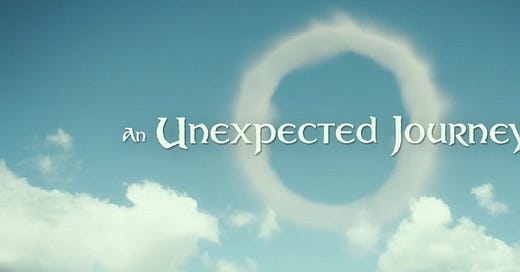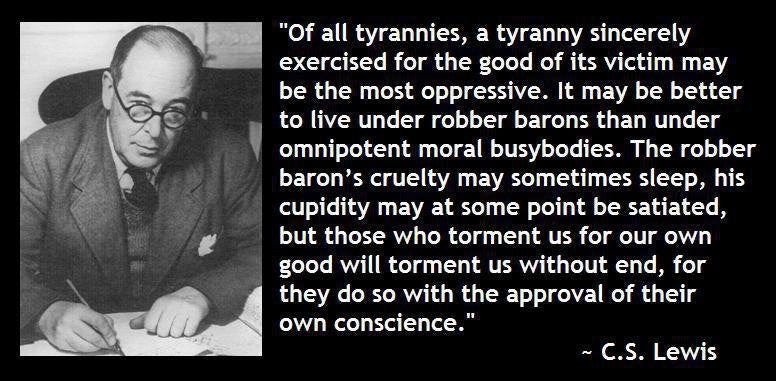People are getting ready for journeys, today!
In the first reading, Paul, Luke, and friends head out on the first missionary journeys into Europe. In the Gospel, Jesus prepares his Apostles for the journey he’s about to go on. Neither of these end particularly well for the travelers.
Or do they?
Reading 1
Acts 16:11-15
We set sail from Troas, making a straight run for Samothrace, and on the next day to Neapolis, and from there to Philippi, a leading city in that district of Macedonia and a Roman colony. We spent some time in that city. On the sabbath we went outside the city gate along the river where we thought there would be a place of prayer. We sat and spoke with the women who had gathered there. One of them, a woman named Lydia, a dealer in purple cloth, from the city of Thyatira, a worshiper of God, listened, and the Lord opened her heart to pay attention to what Paul was saying.
After she and her household had been baptized, she offered us an invitation, "If you consider me a believer in the Lord, come and stay at my home," and she prevailed on us.
Notice that the narration has switch from third person to first person, “we.” That’s because Luke has joined Paul on his missionary journeys. This kind of investigative reporting, we assume, is where Luke got a lot of his accounts of events in his Gospel and Acts of the Apostles that he wasn’t personally witness to.
Lydia was a “worshiper of God,” meaning she believed in the Hebrew God, but wasn’t Jewish herself. She’s the kind of Gentile Paul was advocating to be included in the Christian community. In fact, some consider her to be the first European convert to Christianity.
She was also rich. Purple cloth wasn’t cheap in the ancient world. And she ran her own household, which implies she was a widow.
Paul and Luke, et al, didn’t discriminate against her for any of those things, though. All they cared about was that she accepted Jesus Christ, which she did.
But she’s not coming to be able to protect them, as we’ll find out tomorrow…
Responsorial Psalm
Ps 149:1b-2, 3-4, 5-6a and 9b
R. The Lord takes delight in his people.
Sing to the LORD a new song
of praise in the assembly of the faithful.
Let Israel be glad in their maker,
let the children of Zion rejoice in their king.
R. The Lord takes delight in his people.
Let them praise his name in the festive dance,
let them sing praise to him with timbrel and harp.
For the LORD loves his people,
and he adorns the lowly with victory.
R. The Lord takes delight in his people.
Let the faithful exult in glory;
let them sing for joy upon their couches.
Let the high praises of God be in their throats.
This is the glory of all his faithful. Alleluia.
R. The Lord takes delight in his people.
This is a song celebrating the Exodus. When you’ve been the lowliest, a slave in Egypt, and God adorns you with victory, it’s time to sing and dance.
This is similar to the song the Israelites sang immediately after crossing the Red Sea.1 God is eternal, and so it's not unreasonable to expect miracles to occur again and again. By formalizing this song, the Psalmist is prepared for another parting of the sea, literally or figuratively, in our own lives.
Alleluia
Jn 15:26b, 27a
R. Alleluia, alleluia.
The Spirit of truth will testify to me, says the Lord,
and you also will testify.
R. Alleluia, alleluia.
The Holy Spirit, the Third Person of the Holy Trinity, will testify. Oh, and so will you.
Gospel
Jn 15:26—16:4a
Jesus said to his disciples: "When the Advocate comes whom I will send you from the Father, the Spirit of truth who proceeds from the Father, he will testify to me. And you also testify, because you have been with me from the beginning.
"I have told you this so that you may not fall away. They will expel you from the synagogues; in fact, the hour is coming when everyone who kills you will think he is offering worship to God. They will do this because they have not known either the Father or me. I have told you this so that when their hour comes you may remember that I told you."
Jesus gives us hope, but not false hope. He doesn’t promise that everything will be free and easy. People are going to to kill you, and they’ll think they’re right doing it.
It’s hard to hear, but the reverse is also a fair warning—we don’t want to be those kill, thinking it’s an offering to God. The difference may not always be as obvious as we think.







